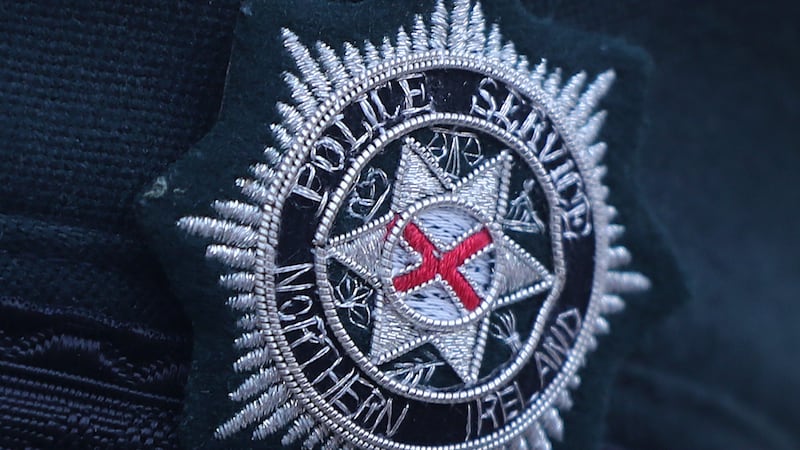More psychological services are needed for victims and survivors of the Troubles, a new report has found.
The report, produced by the Queen’s University Belfast for the Commission for Victims and Survivors (CVSNI), includes reviews and studies examining current services.
It makes a series of recommendations which include assessing the mental health needs of victims and survivors, and particularly to consider new diagnostic categories of complex post traumatic stress disorder (CPTSD) and prolonged grief disorder (PGD).
The report also recommends that a research-based rationale should be developed for the provision of all therapies and interventions, and that there be greater consistency in terms of psychological service provision for victims and survivors across the region.
It additionally found that trauma-focused training and education should be available for suitable staff in both statutory and non-statutory organisations providing psychological services.
Read more:Belfast pensioner's regret for saving IRA killer from rubble of Shankill bomb
Dr Michael Duffy, from the School of Social Sciences, Education and Social Work at Queen’s, said there are “fewer greater issues” facing Northern Ireland than the “continuing trauma caused by the Troubles”.
“25 years after the Good Friday Agreement, we still see scars of conflict both in those that experienced it and in intergenerational trauma passed on to children and young people in the most affected communities,” he said.
“These studies are part of a series of reports commissioned by CVSNI, relating to the needs of and services provided for victims and survivors, and provide a scientific review of trauma services.
“The studies analysed outcome data relating to mental health needs of victims and survivors of the Troubles from services across health and social care trusts and the community and voluntary sector in Northern Ireland, and the border regions in the Republic of Ireland in order to make recommendations for future service provision.”
Commissioner for Victims and Survivors, Ian Jeffers, said the area is under researched.
“An important reason for conducting this study was to gain a deeper understanding of the important role that trauma-focused psychological therapies can play in addressing the complex mental health needs of victims and survivors and their families,” he said.
“It is an under-researched issue, despite Northern Ireland having some of the highest levels of conflict-related mental health disorders globally, including Troubles-related PTSD.
“This trauma is not necessarily historic, with continuing paramilitary violence and the UK Government’s legacy legislation exacting a considerable psychological burden on many individuals and their families across our society.
“Studies like this, with the voices and experiences of victims and survivors central to it, is key to ensuring that research findings have real-life impact.”


